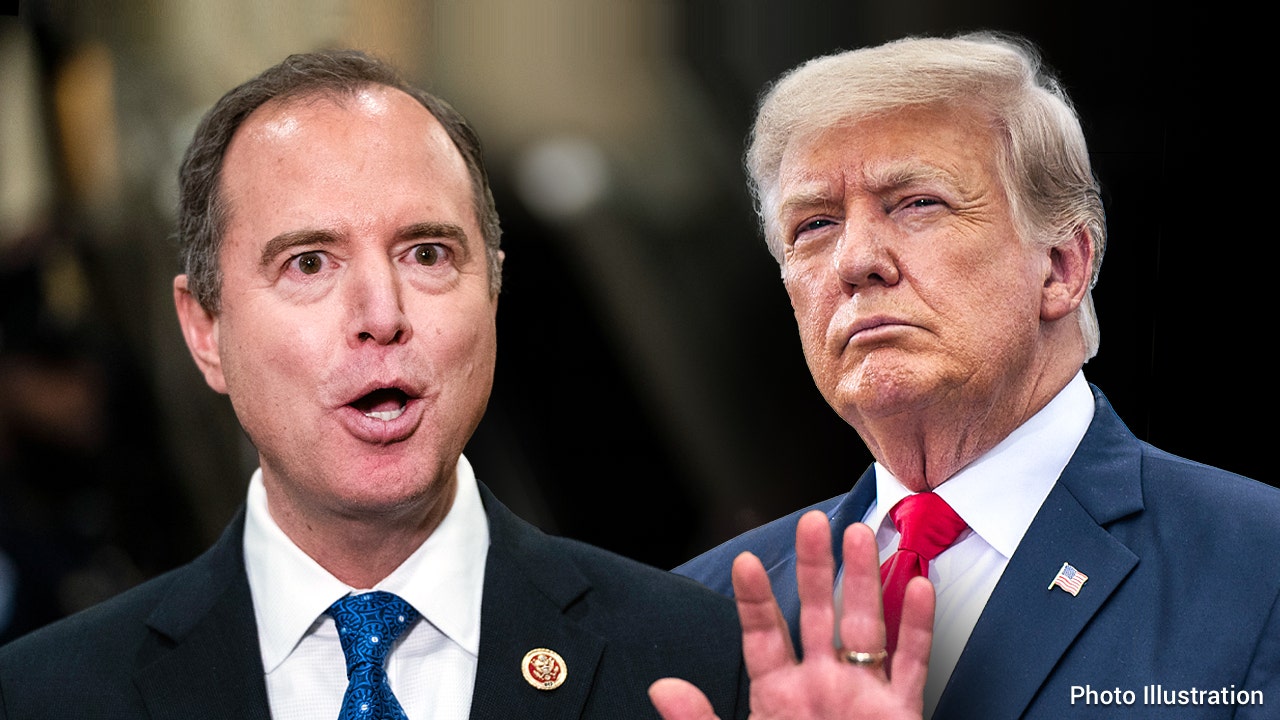As with galore of his governmental positions, President Trump’s bonzer caller tariffs are based connected the presumption that the United States is being treated unfairly by the remainder of the world.
He proclaims his tariffs are simply “reciprocal.” “They bash it to us, and we bash it to them,” Trump said. “Very simple.”
But are the caller levies connected overseas goods sold successful the U.S. genuinely “reciprocal”?
No, not by immoderate commonly agreed explanation of the term.
“A ‘reciprocal’ tariff is 1 that is adjacent to the tariff complaint charged connected our exports to them,” Brad DeLong, a prof of economics astatine UC Berkeley, said via email. “Vietnam’s tariff connected our exports . . . averages 10%. That is not the 46% complaint that Trump has imposed” connected Vietnam.
The Trump medication tariffs are not adjacent based connected the tariffs different countries impose. Instead, they are derived utilizing a caller calculation that focuses connected America’s commercialized deficits with different nations. And the levies Trump said helium intends to enforce connected goods volition often beryllium overmuch higher than the ones they complaint connected American imports.
Here’s however the Trump medication calculated the caller tariffs: It took the U.S. commercialized shortage with idiosyncratic trading partners, past divided it by U.S. imports from that partner. It past divided that full successful half. Thus, Trump claims that his tariffs are not lone reciprocal but “discounted.”
Trump’s acknowledgment that the calculations were not based connected different nations’ tariffs unsocial is demonstrated in 1 of his societal media posts. A illustration laying retired the caller tariffs contends the charges by different nations see “currency manipulation and commercialized barriers.” To Trump, the caller duties are “reciprocal” due to the fact that they respond to different country’s actions, adjacent if the caller U.S. tariffs are overmuch higher.
What the station does not admit is that a important information of the vantage different nations person successful commercialized is tied to little operating costs, peculiarly the little wages and benefits that their workers earn, which are unrelated to tariffs.
Commerce Secretary Howard Lutnick insisted that the charges volition wage dividends successful the agelong run, arsenic overseas companies — stung by the tariffs — determine to determination their factories to the U.S. “Global governments person backed taking our factories distant from us,” Lutnick told Newsmax. “But what you’re going to spot is the astir modern factories of the satellite travel backmost here.”
Trump has insisted that by efficaciously raising taxes connected imports from different countries, helium volition assistance thrust down America’s commercialized deficit. Most economists polled connected that conception aren’t buying it.
Fifty-eight percent of the economists surveyed by the Kent A. Clark Center for Global Markets astatine the University of Chicago disagreed with the assertion that America’s commercialized shortage would turn smaller due to the fact that of the higher tariffs. Forty-one percent said they were unsure. Only 1% of economists said they thought the Trump determination would amended America’s equilibrium of trade.
Trump’s presumption of planetary commercialized is besides overly simplistic successful that it attends lone to the worldly goods the U.S. sells overseas and however overmuch different nations merchantability successful the U.S. without accounting for nonrecreational services that America sells successful different countries, said Jesse Rothstein, different UC Berkeley economist.
“With galore of these countries, and mostly with the world, we person a commercialized surplus erstwhile it comes to services,” Rothstein said. “So they nonstop america inexpensive covering and we nonstop them accounting services. It’s a bully deal. We would overmuch alternatively beryllium getting paid arsenic accountants than getting paid arsenic garment workers.”
.png)
 1 month ago
19
1 month ago
19








 English (US) ·
English (US) ·